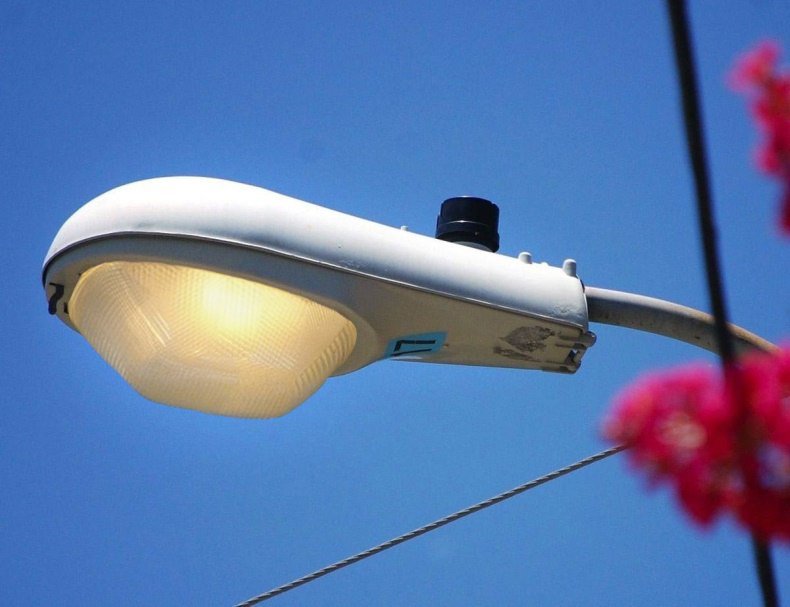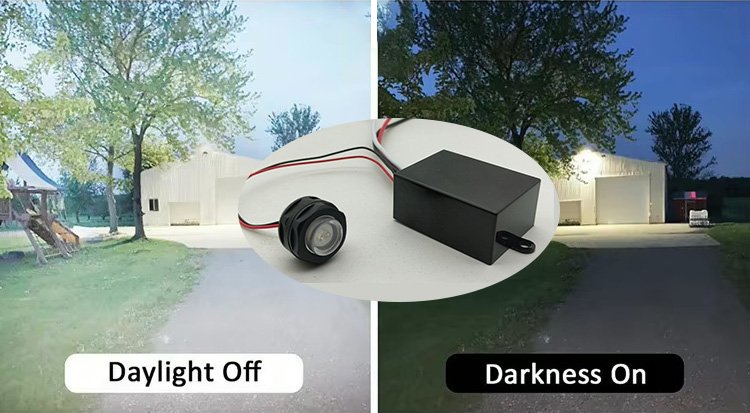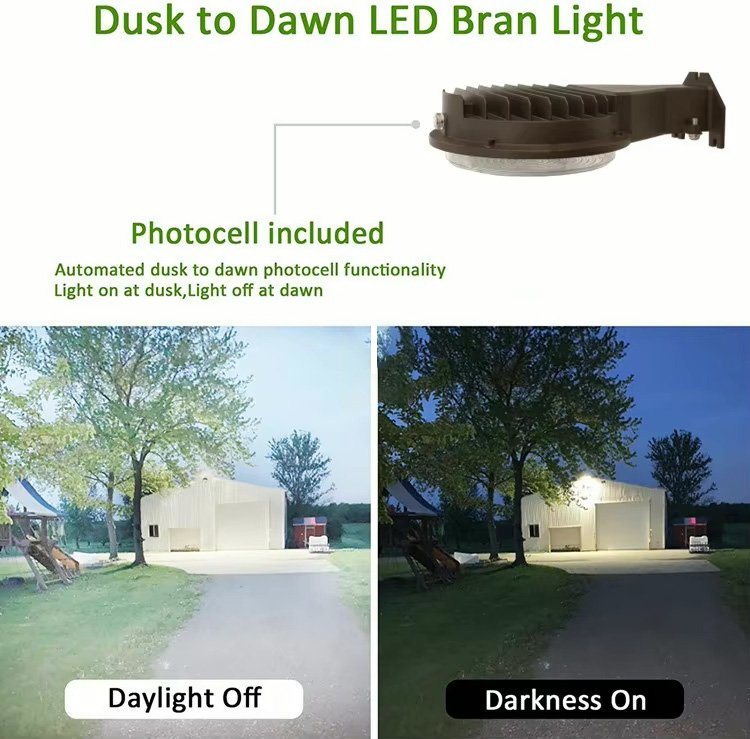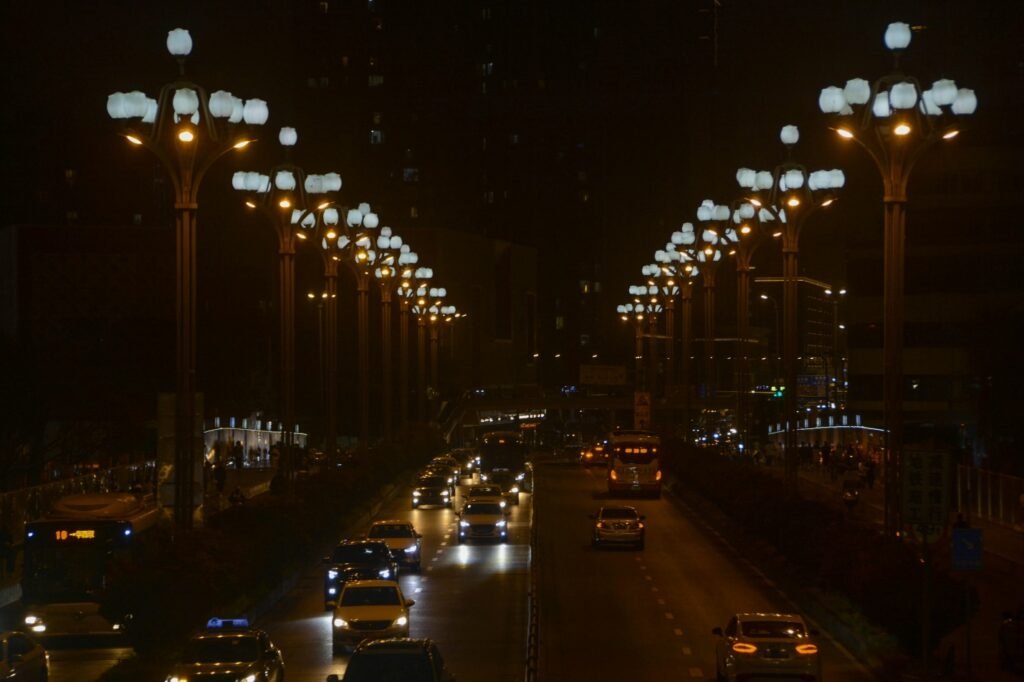Invoering: Hoe kan instabiliteit van het elektriciteitsnet een verborgen risico vormen voor buitenverlichtingsprojecten?
In heel Zuid-Amerika upgraden steden hun buitenverlichtingssystemen, voornamelijk straatverlichting, met led-retrofits en slimme verlichtingstechnologieën. De instabiliteit van het elektriciteitsnet blijft echter de prestaties op de lange termijn beïnvloeden.
Van Brazilië en Peru tot Colombia en Chili is fluctuerende stroomvoorziening een wijdverbreid probleem. Instabiele spanning als gevolg van verouderde infrastructuur, inconsistente netbelasting en extreme weersomstandigheden kan leiden tot:
- Spanning daalt onder 150V
- Pieken boven 440V
- Plotselinge pieken tijdens netschakeling of blikseminslagen
Deze schommelingen vormen een groot gevaar voor de verlichtingsinfrastructuur.
Als fotocelcontrollers spanningsvariaties niet aankunnen, vallen ze vroegtijdig uit. Dit leidt tot stroomuitval, serviceklachten en hogere onderhoudskosten.
De oplossing? Gecertificeerde breedspanningsvoedingen fotocontroles, ontworpen voor duurzaamheid en getest voor extreme omstandigheden.
Echt probleem: Waarom kunnen standaardregelaars geen spanningsschommelingen aan?
De meeste low-end fotocellen die op de markt worden gebruikt, zijn alleen ontworpen voor smalle spanningsbereiken, doorgaans 120 V–277 V. Hoewel dit werkt in stabiele netomgevingen, wordt het een probleem in de meer onstabiele omstandigheden in Zuid-Amerika.
Veelvoorkomende problemen met niet-gecertificeerde of goedkope fotocellen:
- Ze branden snel door door de impact van schokken.
- Vereisen frequente vervanging in het veld, wat leidt tot hogere arbeidskosten.
- Veel fotocelverlichting sensoren missen een basiscertificering, bijvoorbeeld UL773, CE, waardoor ze niet in aanmerking komen voor door de overheid gefinancierde projecten en subsidies voor energie-efficiëntie
- Meest goedkoop buitenfotocel lichtsensoren zijn niet IP-gecertificeerd of robuust genoeg voor hoge luchtvochtigheid
Voor steden die duizenden straatlantaarns beheren, leidt dit tot budgetoverschrijdingen en onderbrekingen in de dienstverlening. Deze problemen vertalen zich in:
- Hoge totale eigendomskosten (TCO)
- Vertragingen bij het herstel van de dienstverlening
- Risico op contractuele boetes
- Negatieve publieke perceptie
Oplossing voor lichtregelaars: wat maakt de LT124 en LT134 van Lead-Top zo breedspanningsgevoelig? Fotocellen Wat is de ideale oplossing voor een verlichtingscontroller?
Om de uitdaging van de instabiliteit van het elektriciteitsnet aan te pakken, Zhejiang Lead-Top Electrical Co., Ltd ontwikkelde LT124 en LT134 modellen die speciaal zijn ontworpen voor elektrische omgevingen met een hoog risico.
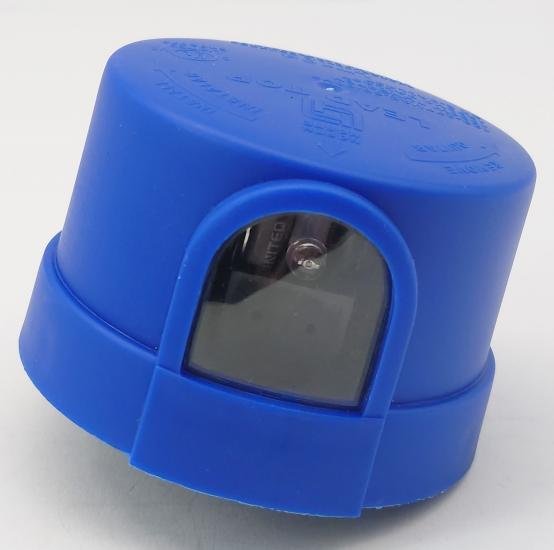
Belangrijkste kenmerken
| Functie | LT124 & LT134 modellen |
| Nominale spanning | 120–277V / Optioneel tot 480V |
| Overspanningsbeveiliging | Standaard 10 kV/5 kA / Optioneel 20 kV/10 kA |
| Fail-modus | AAN (Zorgt ervoor dat de lichten blijven branden als de controller defect raakt) |
| Nuldoorgangsdetectie | Ja – Verlengt de levensduur van LED en controller |
| Certificeringen | UL773 / ANSI C136.10 / CE / ISO9001 |
| Bedrijfstemperatuur | -40℃ tot +70℃ |
| Bescherming tegen binnendringing | IP66 / Optioneel IP67 |
Deze robuuste modellen met een breed voltage zijn bewezen bestand tegen zware elektrische omgevingen, waardoor ze ideaal zijn voor de complexe elektriciteitsnetwerkomstandigheden in Zuid-Amerika.
Case Study: LT134 in actie - Kustgebied Brazilië
In Bahia, Brazilië, lanceerde een kustgemeente een grootschalig LED-retrofitproject voor verouderde straatverlichting. Tijdens de eerste implementatie stuitten ze op verschillende problemen:
- De netspanning schommelde van 150V naar 440V
- Regelmatige onweersbuien veroorzaakten pieken en storingen
- Lokale gemeenschappen meldden frequente stroomuitval van straatverlichting
De oorspronkelijk geïnstalleerde fotocellen (van een goedkope leverancier) begonnen binnen 3 tot 6 maanden te falen. Het onderhoudsteam kreeg te maken met:
- Meer dan 1.000 defecte controllers
- Toename van klachten over de veiligheid in de nacht
- Vertraagde subsidiebetalingen vanwege niet-naleving
De stad is overgestapt op LT134-fotocellen met:
- 20kV/10kA overspanningsbeveiliging
- Brede spanningstolerantie
- UL773-certificering voor naleving
- Fotocel-uitvalpercentage verlaagd door 95%
- Arbeidsuren voor vervangingen gedaald met 80%
- Voldoet aan de nalevingsaudits op staatsniveau voor vergoedingen van energieprogramma's
Dankzij dit succes positioneerde Bahia zich als een model voor duurzame gemeentelijke verlichting in de kustgebieden van Brazilië.
Hoe kunnen gecertificeerde, duurzame controllers helpen de aftersaleskosten te verlagen?
Voor veel stedenbouwkundigen of technische inkoopteams zijn de initiële kosten slechts een deel van de vergelijking. Wat de prestaties en winstgevendheid op de lange termijn echt beïnvloedt, zijn duurzaamheid en naleving. Het gebruik van niet-gecertificeerde producten lijkt op het eerste gezicht misschien goedkoper, maar:
- Uitgesloten van grote aanbestedingen of subsidies voor energie-efficiëntie
- Regelmatige vervangingen, toenemende arbeids- en garantieclaims
- Hogere levensduurkosten als gevolg van slechte overspanningsbeveiliging en lage duurzaamheid
Met UL773/CE-gecertificeerde fotocellen zoals de LT124/LT134 profiteren klanten van:
| Voordeel | Beschrijving |
| Minder mislukkingen | Fotocelsensoren zoals LT134 zijn gebouwd om extreme spanning en weersomstandigheden te weerstaan |
| Verbeterde elektrische bescherming | Zero-cross + hoge piekspecificaties verminderen de schade |
| Lagere garantieclaims | Minder velduitval = meer merkvertrouwen |
| Betere inschrijvingsvoorwaarden | UL773/CE-goedkeuringen vergroten de kans op openbare aanbestedingen |
In de loop van de tijd zijn de totale eigendomskosten (TCO) voor een gecertificeerde fotocel aanzienlijk lager dan die van alternatieven van lage kwaliteit. Door te kiezen voor een gecertificeerde fotocel met een hoge duurzaamheid of schemering-tot-dageraad fotocelsensor is de meest efficiënte manier om uw investering te beschermen en het succes op lange termijn van uw gemeentelijk of commercieel vastgoed te verzekeren lichtregeling projecten.

Waarom kiezen voor Zhejiang Lead-Top?
Met meer dan 20 jaar exportervaring in de productie van fotocellen is Zhejiang Lead-Top uitgegroeid tot een van de grootste leveranciers ter wereld van fotocellen voor openbare verlichting en slimme stadsinfrastructuur.
- Fotocellen met een breed spanningsbereik, speciaal afgestemd op de netwerkomstandigheden in Latijns-Amerika
- OEM/ODM-aanpassing, inbegrepen:
- Logo-afdrukkenKleurselectie
- Spannings- en belastingsconfiguraties
- Snelle levering, doorgaans binnen 5–15 dagen, afhankelijk van het bestelvolume
- Volledige naleving van UL773, ANSI C136.10/41, CE en Zhaga Book 18
Naarmate de vraag naar straatverlichtingssystemen voor buiten toeneemt, die bestand zijn tegen de zware omstandigheden van het elektriciteitsnet en de weersomstandigheden, loopt Lead-Top voorop met gecertificeerde fotocellichtsensoren die voldoen aan de exacte behoeften van gemeenten en infrastructuurontwikkelaars in heel Latijns-Amerika. Hun oplossingen zijn ingezet in:
- Brazilië
- Mexico
- Chili
- Peru
Van gemeentelijke verlichting tot renovaties van industrieparken: de gecertificeerde fotocellen van Lead-Top zijn nu een veelgebruikt onderdeel van energiebesparingsprogramma's op het hele continent.
Referenties


